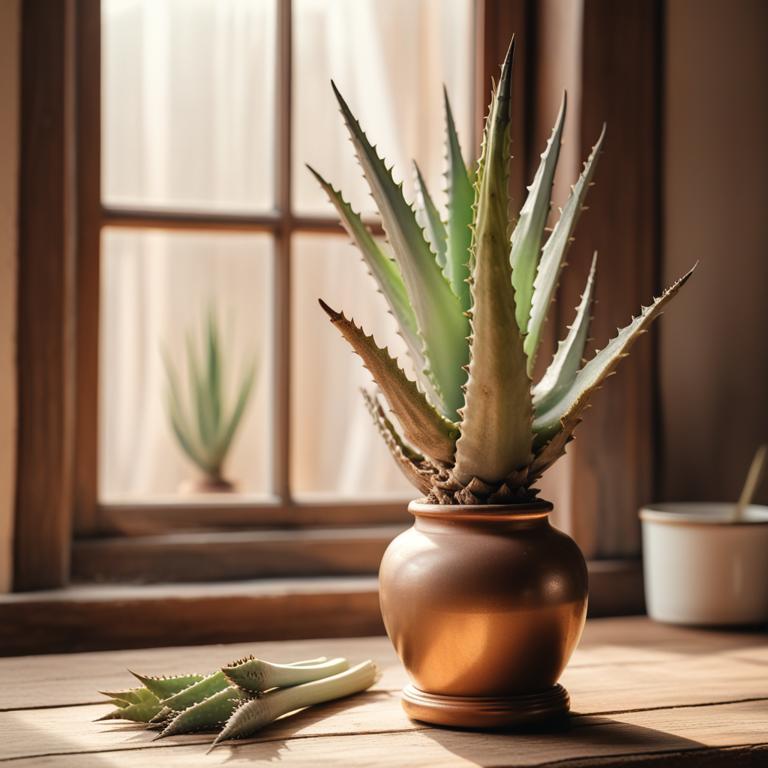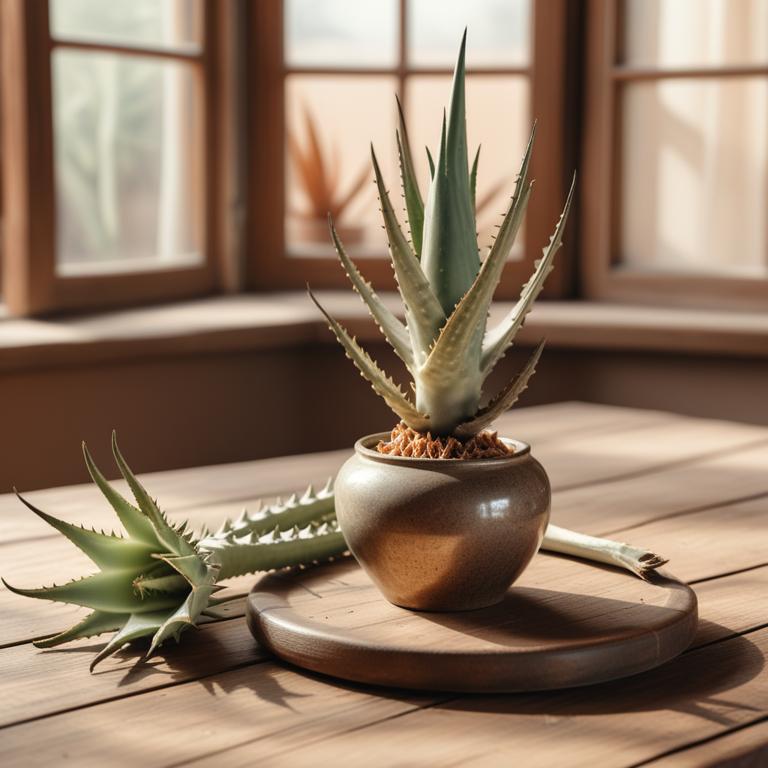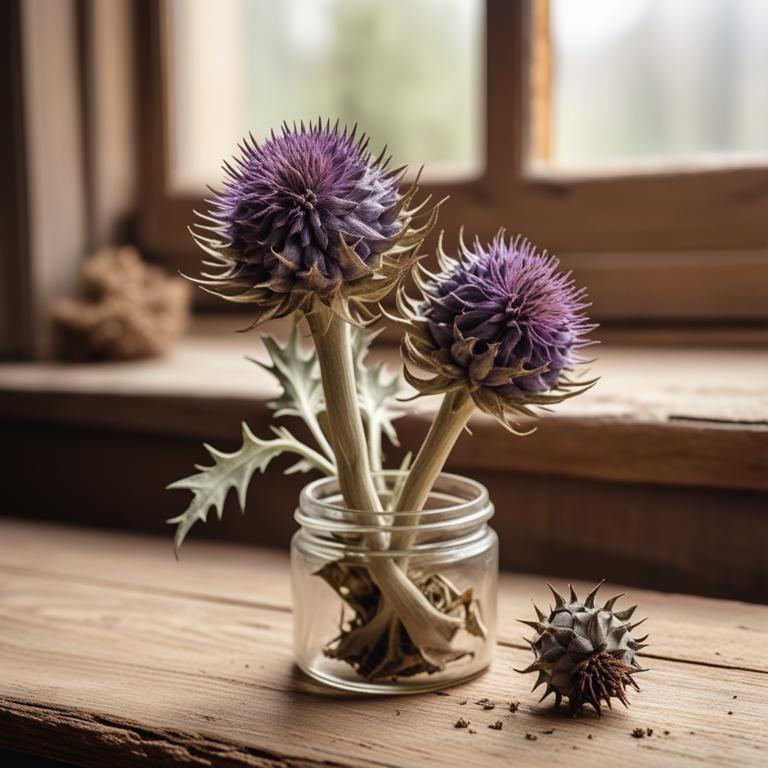Updated: Dec 1, 2024
Open Pores: The Causes, Medicinal Herbs, and Herbal Remedies for Healthy Skin
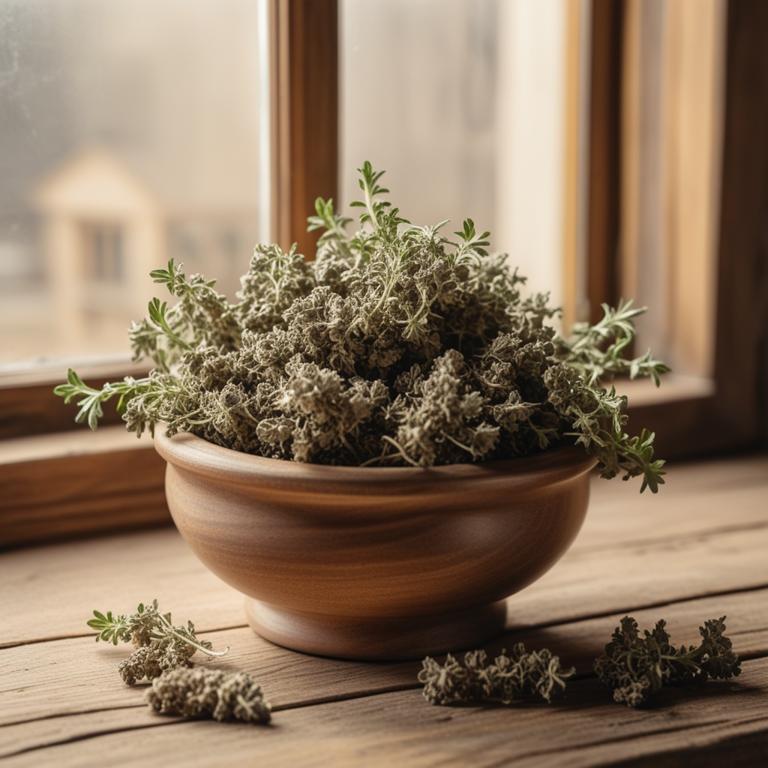
Open pores, also known as large pores, can make you feel self-conscious about your skin.
They can make your pores look like tiny holes, giving your skin a rough texture. When pores are open, it can be hard to keep makeup in place, and it can also lead to acne and blackheads. So, what causes open pores?. It's often a combination of genetics, hormonal changes, and environmental factors like humidity and pollution. Herbal remedies can help to tighten up pores and improve skin texture. Some of the healing herbs for open pores include aloe vera, chamomile, and green tea.
Aloe vera has anti-inflammatory properties that can help to soothe and calm the skin. Chamomile can help to reduce redness and irritation. Green tea is rich in antioxidants that can help to protect the skin from damage and promote collagen production. To use these herbs, you can make teas or infusions by steeping the herbs in hot water. Strain the liquid and use it as a toner or a face mask. You can also apply aloe vera gel directly to the skin. You can also try making a herbal scrub by mixing green tea leaves with sugar and a little water.
Massage the scrub onto your skin to exfoliate and tighten up pores.
Table of Contents
What causes open pores to be visible on the skin?
The main causes of open pores are a combination of internal and external factors.
Hormonal Changes, for example, can cause open pores. During puberty, menstruation, pregnancy, and menopause, hormonal fluctuations can lead to an increase in sebum production, causing pores to open up. This is why many people experience acne and enlarged pores during these times. Aging is another main cause of open pores. As we age, our skin's natural ability to regenerate and produce collagen slows down, leading to a loss of skin elasticity and a decrease in pore size.
This can cause pores to appear larger and more open. Genetics also play a significant role in the size and appearance of pores. If your parents had large pores, you're more likely to have them too. This is because genetics can affect the size and shape of pores, as well as the skin's ability to produce oil and maintain its natural barrier function. Environmental Factors, such as pollution, UV radiation, and humidity, can also contribute to open pores. When our skin is exposed to these factors, it can become dry and irritated, causing pores to become larger and more visible.
Additionally, using harsh skincare products or picking at pores can also damage the skin and make pores appear more open.
What are the benefits of using herbs for open pores in facial care?
Using herbs to help with open pores can be really beneficial for your skin.
One of the main advantages is that they can help to reduce the appearance of pores, making your skin look smoother and more even. These herbs often have natural astringent properties, which means they can help to tighten the skin and reduce the size of the pores.
This can be especially helpful for people with oily skin, as it can help to control oil production and reduce the likelihood of clogged pores. Additionally, many of these herbs have anti-inflammatory properties, which can help to soothe and calm irritated skin. This can be a big relief for people who experience redness or inflammation due to open pores.
Furthermore, using herbs can be a gentle and non-irritating way to care for your skin, making them a great option for people with sensitive skin.
What are the main medicinal herbs for open pores and their uses?
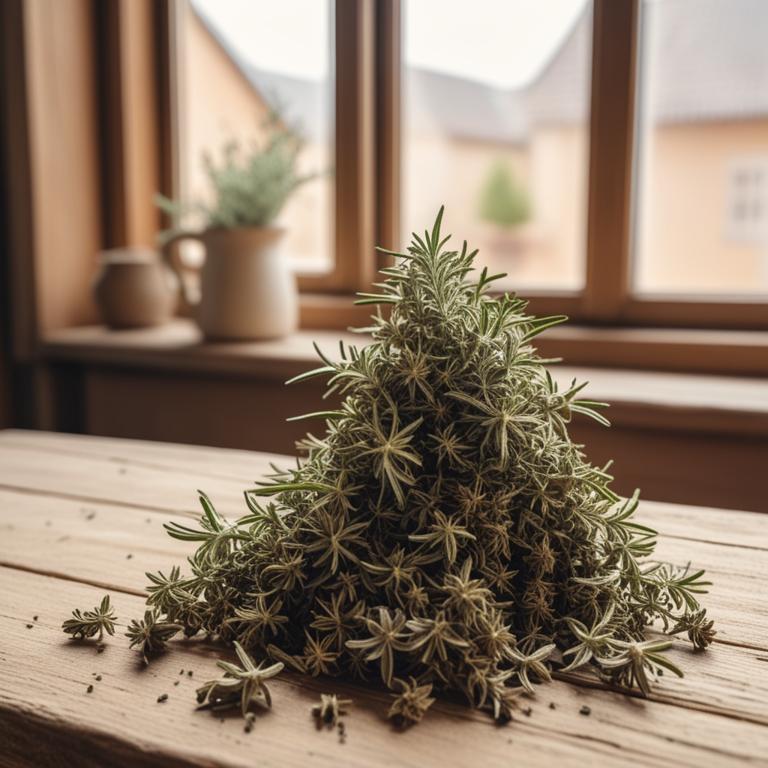
Herbs are great for open pores because they have natural properties that help to deep clean and balance the skin.
For instance, Rosmarinus officinalis, or rosemary, has antimicrobial properties that help to kill bacteria and other microorganisms that can clog pores. This herb also has anti-inflammatory properties, which can reduce redness and swelling associated with open pores. Aloe barbadensis, or aloe vera, is known for its soothing and calming effects on the skin.
When applied topically, aloe vera helps to reduce inflammation and promote the healing of damaged skin cells, which can help to minimize the appearance of open pores. Melaleuca alternifolia, or tea tree oil, has antiseptic properties that help to kill bacteria and other microorganisms that can cause infection and inflammation. When used in skincare products, tea tree oil can help to control acne and reduce the appearance of open pores. Cymbopogon citratus, or lemongrass, has astringent properties that help to tighten and shrink the pores, making them appear smaller.
Thymus vulgaris, or thyme, has antiseptic and anti-inflammatory properties that help to kill bacteria and reduce inflammation, making it an effective herb for treating open pores.
What herbal formulas are most often used for open pores?
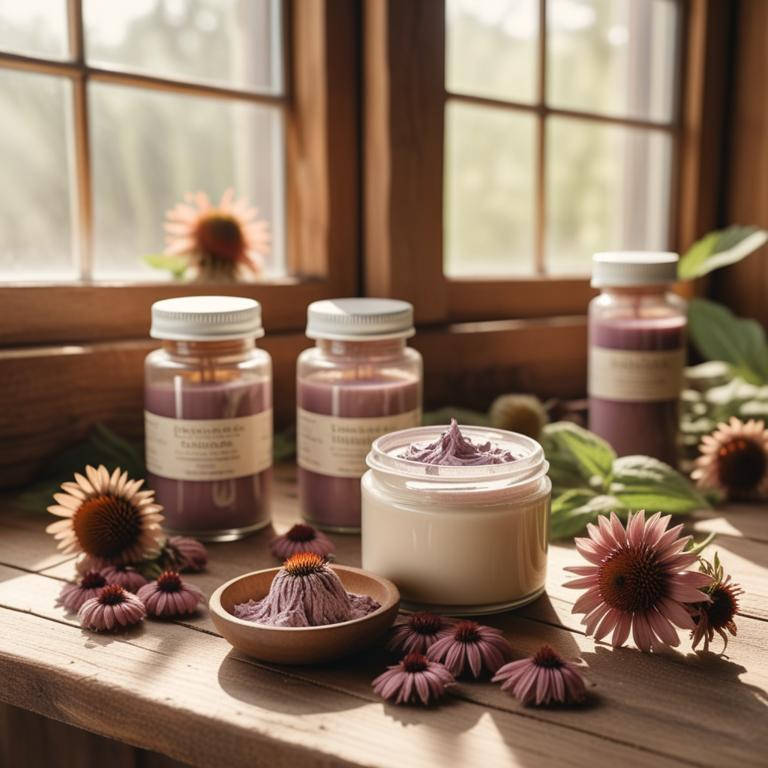
Herbal preparations can be really helpful for people with open pores.
If you have big pores, you might be worried about dirt and bacteria getting in. A cream made from herbs like aloe vera or chamomile can help calm your skin and reduce the size of your pores. It's like a soothing balm that helps to close them up. An infusion is another way to use herbs for open pores. This is when you steep the herbs in hot water to make a liquid. You can then use it as a toner to clean your skin and close your pores. Herbs like peppermint and lavender are great for this because they help to calm and refresh your skin. A decoction is similar to an infusion, but you boil the herbs first to make them stronger.
This is good for open pores because it means the herbs are really extracting all the good stuff. Herbs like calendula and plantain are often used for this because they're great at soothing and protecting your skin. A toner made from herbs can also be really helpful for open pores. It's like a quick fix to close them up and clean your skin. Herbs like rosewater and witch hazel are popular for toners because they help to balance your skin's pH and reduce the size of your pores. Lastly, an herbal powder can be used as a face mask to help close your pores. You mix the powder with water to make a paste, then apply it to your face. Herbs like green tea and turmeric are often used for this because they're great at reducing inflammation and protecting your skin. You can use these herbal preparations together to get the best results.
For example, you could use a cream at night to calm your skin, then use an infusion or toner in the morning to clean and refresh it.
Additional Resources:
What herbs may exacerbate the issue of open pores?
If you have open pores, it's best to be careful with certain herbs that can cause them to become even more prominent or even lead to issues like oiliness and acne.
Eucalyptus globulus, for example, can make your skin more sensitive and reactive, which might cause your pores to look bigger. Salvia officinalis, also known as sage, is another herb to watch out for - it can dry out your skin, making your pores appear more noticeable.
Lavandula angustifolia, commonly used in skincare products, might seem harmless, but it can actually make your skin more oily, which can clog your pores and make them look larger. Sanguinaria canadensis, or bloodroot, is a herb that can cause skin irritation, especially if you have open pores, which can make them become more inflamed. And Cinchona officinalis, used for its medicinal properties, can increase blood flow to the skin, leading to more prominent pores.
Using these herbs might not be the best idea if you're prone to open pores, as they can exacerbate the issue and make your skin look uneven.
FAQ
Are there any specific herbs that can prevent open pores?
Aloe vera and witch hazel are two herbs that can help reduce the appearance of open pores.
Aloe vera has anti-inflammatory properties that calm the skin, while witch hazel's astringent properties help tighten pores.
Using products containing these herbs can help minimize the appearance of pores, but it's best to use them as part of a consistent skincare routine.
Is it safe to use herbal remedies for open pores during pregnancy?
During pregnancy, it's best to be cautious with herbal remedies.
Some herbs can cause problems, like bleeding or allergic reactions. If you want to use herbal remedies for open pores, choose gentle ones like chamomile or lavender tea.
However, make sure to read the labels carefully and follow the instructions.
Are there any herbs that can reduce the frequency of open pores?
Some herbs may help reduce open pores' frequency.
Turmeric, with its anti-inflammatory properties, can aid in skin health. Green tea, rich in antioxidants, may also help minimize pores. Cucumber, high in water content, can help hydrate the skin, potentially reducing pores' visibility.
These herbs can be consumed in herbal teas or applied topically in masks or creams.
Related Articles
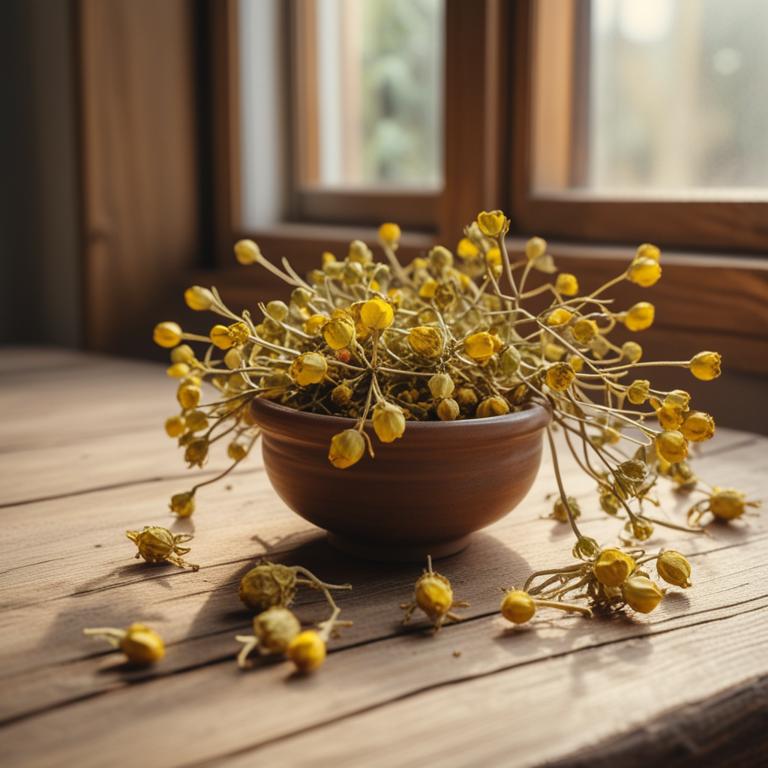
Bee Sting Natural Relief: Causes, Herbal Remedies, and Home Care
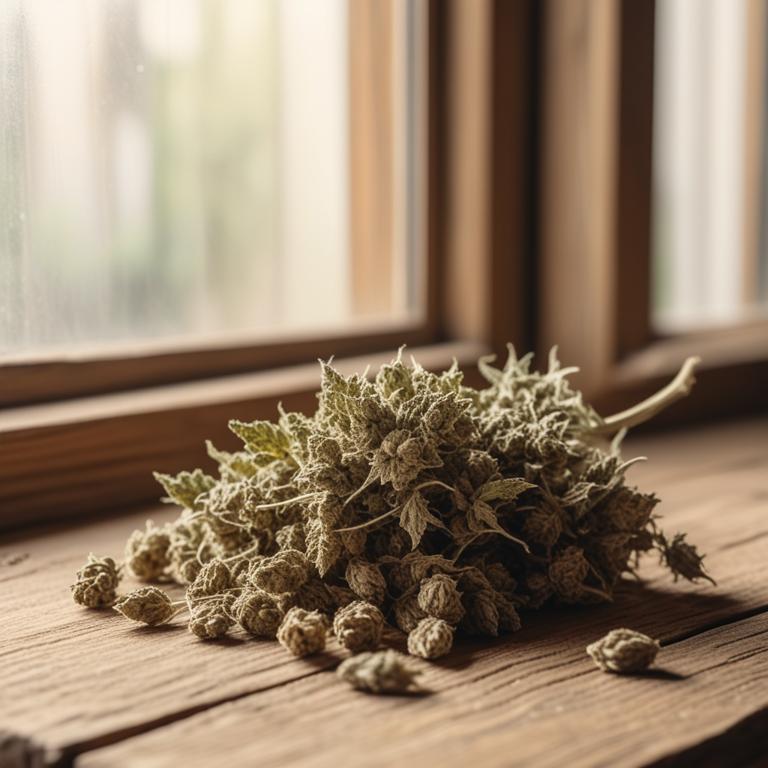
Eczema: Understanding Causes, Medicinal Herbs, and Effective Herbal Preparations
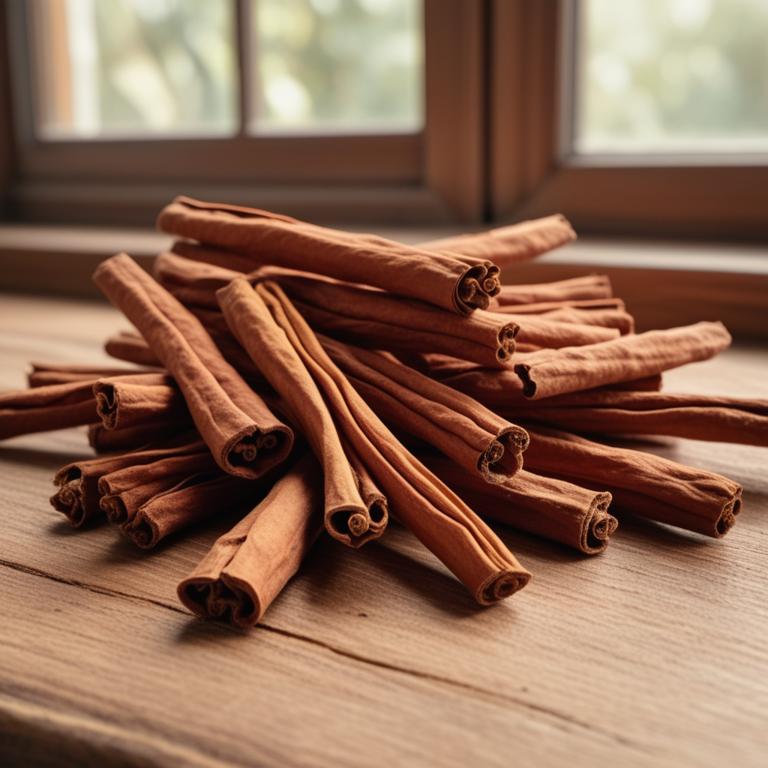
Overcoming Bad Breath with Medicinal Herbs and Herbal Remedies
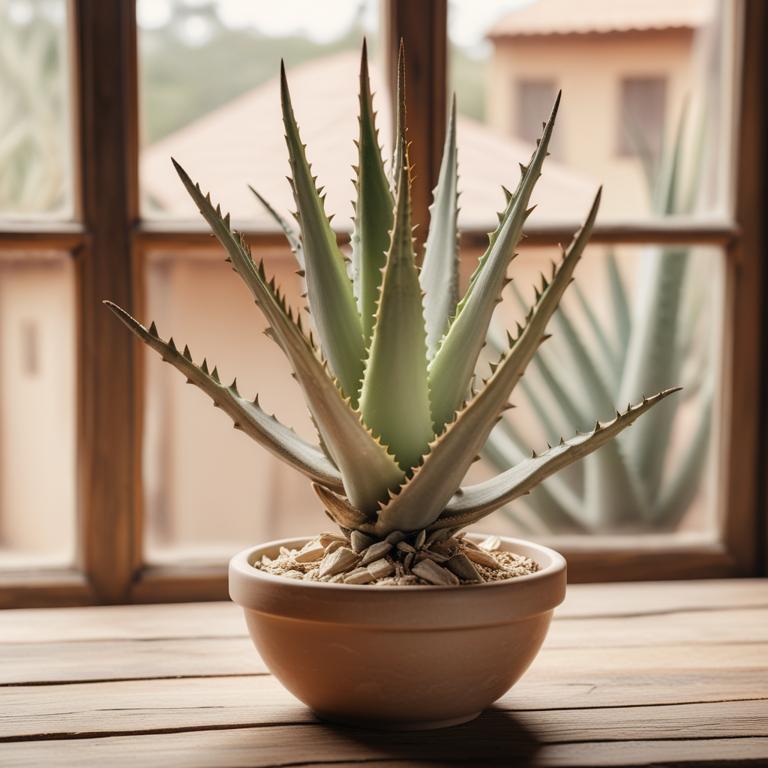
Causes and Herbal Remedies for Psoriasis: A Comprehensive Guide
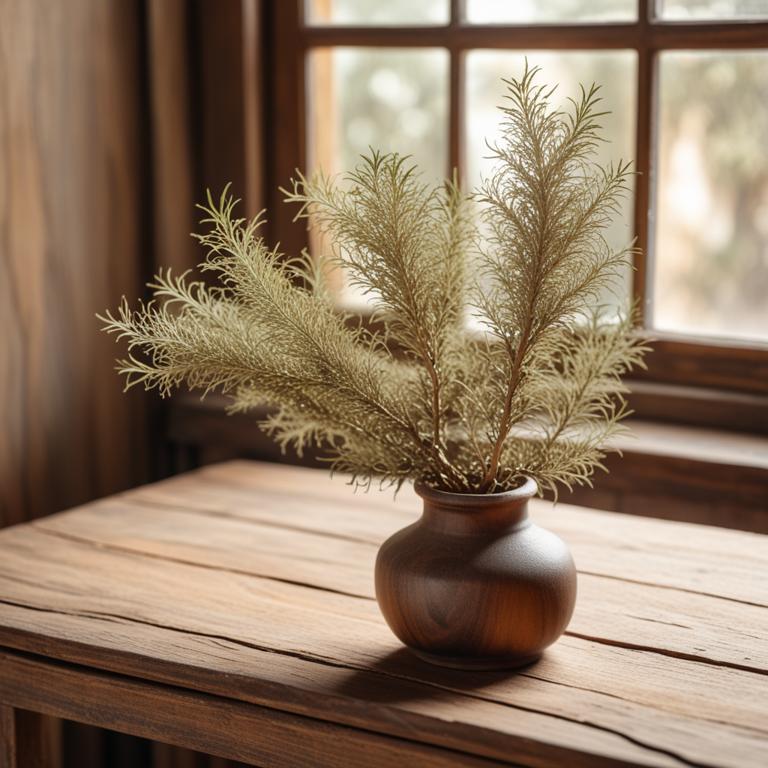
The Causes and Effects of Stye: Medicinal Herbs and Herbal Preparations for Relief
